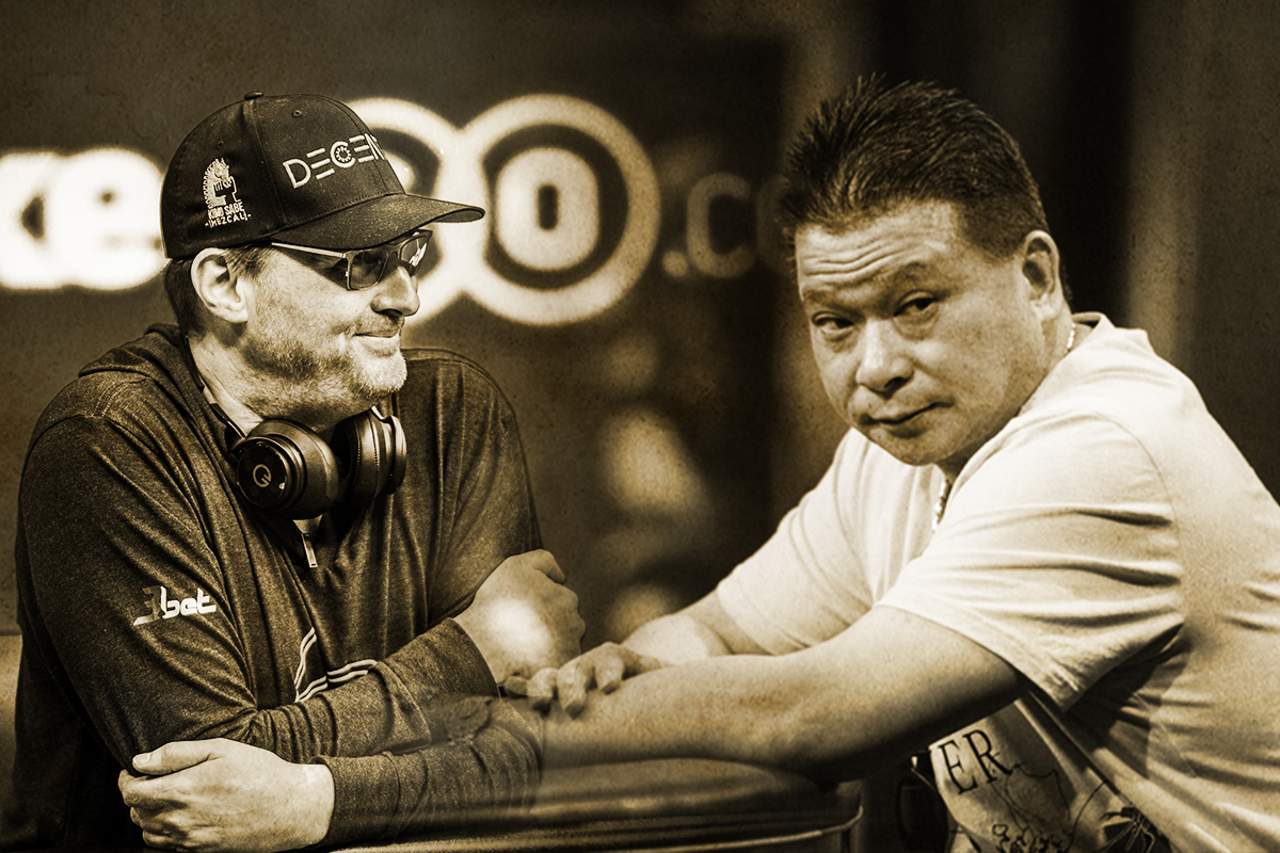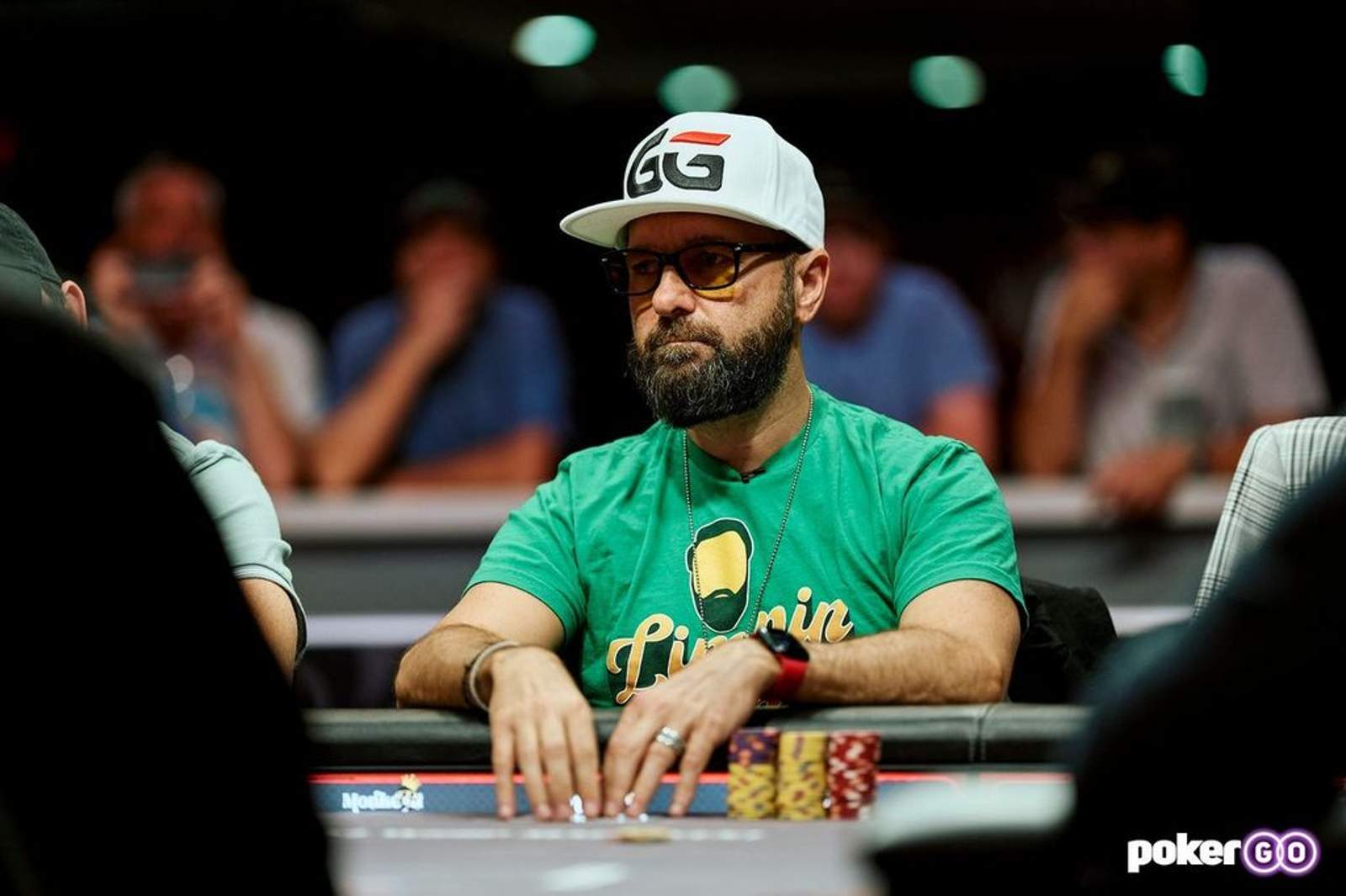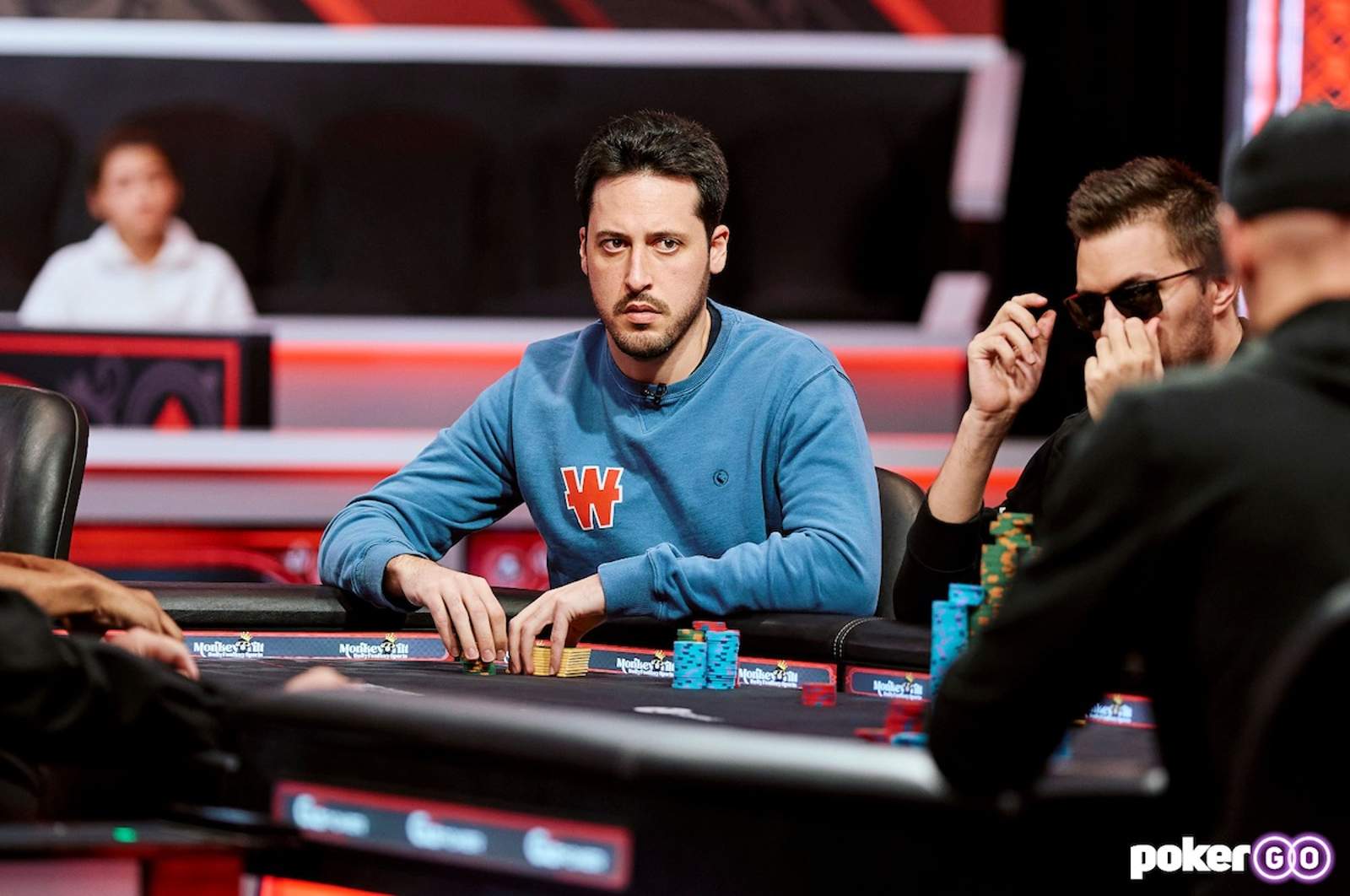Related Articles
The World Series of Poker has given us all so many memories. We can all remember the first time we watched Rounders and saw Johnny Chan give Erik Seidel the ‘Eye to the Sky’. We can all picture the first winner we ever witnessed win the Main Event at the time it happened. Heck, we can probably all remember the recent winners being awarded their glittering WSOP bracelet after watching it on a live stream. But one of the most iconic victories in WSOP history was by a 24-year-old maths prodigy by the name of Phillip Jerome Hellmuth Junior.
In 1988, a year before Hellmuth and Chan shared the pressure of playing heads-up for the title, Chan had eliminated Hellmuth in the WSOP Main Event. Then 23, Hellmuth busted to ‘The Orient Express’ in 33rd place, not making the top 10% of the field. A year later, a year wiser, Hellmuth got his revenge. In 1989, he triumphed against Johnny Chan in an epic heads-up battle. After back to back Main Event wins, Chan’s reign had ended. It would turn out to be the last time Chan ever made it so far in the Main Event. But what if Johnny Chan had won?
Want to learn more about the lives of Johnny Chan and Phil Hellmuth? Click on their names to go directly to the Pokerography documentaries on PokerGO about them.
Three WSOP Main Event Titles for Johnny Chan
Johnny Chan becoming the WSOP Main Event champion changed poker more than most winners. It opened doors for foreign players to believe in themselves and compete on a level playing field. This impact was huge, not just to players such as Chan, but to poker itself. The World Series of Poker was invented in 1970, but in truth, it was populated almost exclusively by white American males. In this sense, it barely reflected society or the wider world at all. Since Chan’s success, things have been very different.
If Hellmuth’s victory in 1989 changed one thing, it was to convince American youths who looked at the footage on television sets around the country that paying attention in math classes might well be worth doing. Hellmuth famously knew the odds to “within two decimal points” as legend would have it, but Chan’s ability was all in his reading of players. In that sense, were Hellmuth and Chan opposites in the game? One man relied heavily on his reading ability, while the other focused more on the numbers. Both men had huge success, but which was the better method? If Chan had won in 1989, he would have won an NBA Championship ring that Jerry Buss promised him for three titles in a row. But he’d also have earned the respect of being the only player ever to win three WSOP Main Event titles in what was a truly competitive field of hundreds of players. It has never happened since.
Would Chan’s Third Victory Have Been Better For Poker?
Would Chan’s triple victory have given weight to the theory that math-based poker play could only get a player so far and no further? Had Hellmuth been busted twice by Chan in consecutive years, a good argument would have been that no matter how smart you are with the numbers, poker is a game that is all about how well you can read your opponent. We know now that both factors contribute to the game, making it so impossible to conquer (unless your name is Justin Bonomo or Fedor Holz), but Chan’s imagined treble in 1989 would have propagated a very different narrative.
If poker saw an influx of foreign players in 1988 and 1989 due to Chan’s previous victories, by the 1990’s, and after his third win in a row, the doors of poker would truly have been opened even wider to the world. The dream of ‘making it’ in poker often extends to making it in Las Vegas. If Chan had triumphed three years running, Las Vegas would have been more open to foreign players sooner.
Johnny Chan was the last back-to-back winner of the Main Event, which is often put down to the enormous growth the game experienced thanks to Moneymaker’s win in the 2003 Main Event. But that was a clear 14 years in the future in 1989, and it never happened during that period either. After busting to Hellmuth in 1989, Chan never got close to winning it again. The only champion to get close to winning the Main Event twice since then is arguably the man who took over as the youngest player to win it when he triumphed in 1999 – Joe Cada. Many looked upon Cada’s victory in 2009 as some did upon Hellmuth in 1989 – the story of an upstart winning against the older man. But Cada’s 5th-place finish just last year showed that a brilliant hard-working player can maintain an extremely high level if he puts the time into his poker.
What Happens to Hellmuth
Phil Hellmuth has proved himself to be the ultimate WSOP winner in recent years, winning a record 15 bracelets, while Johnny Chan has remained on 10 bracelets since his last win in 2005. The Poker Brat cultivated a career without equal since that famous win nearly 30 years ago, while Johnny Chan has survived poker as he has entered his seventh decade. Both men won big that day in 1989, Chan cashing for $302,000 in second place, with Hellmuth raking in $755,000 for the win. But both men won a lot more than simply money when they triumphed in the 1980’s. They forged a path ahead for themselves and for poker itself. We’ll never know for sure if Johnny Chan would have won 15 bracelets if he’d won the Main Event in 1989, but we can assume that the Poker Brat story would have changed forever had he lost to The Orient Express two years running in the same event.
Want to catch up on the history of the World Series of Poker? We’ve hundreds of hours of footage, including the latest world champion, John Cynn, in action at the 2018 World Series of Poker in Las Vegas. You can subscribe now to PokerGO right here and fuel your own dreams of greatness. Poker history is one thing, but your poker future, like Johnny Chan and Phil Hellmuth’s were in 1989, is always in your own hands.
Related Articles
Doyle Brunson Reveals His Favorite and Worst Poker Game!
Dolly's Game Debut Continues Live on PokerGO








